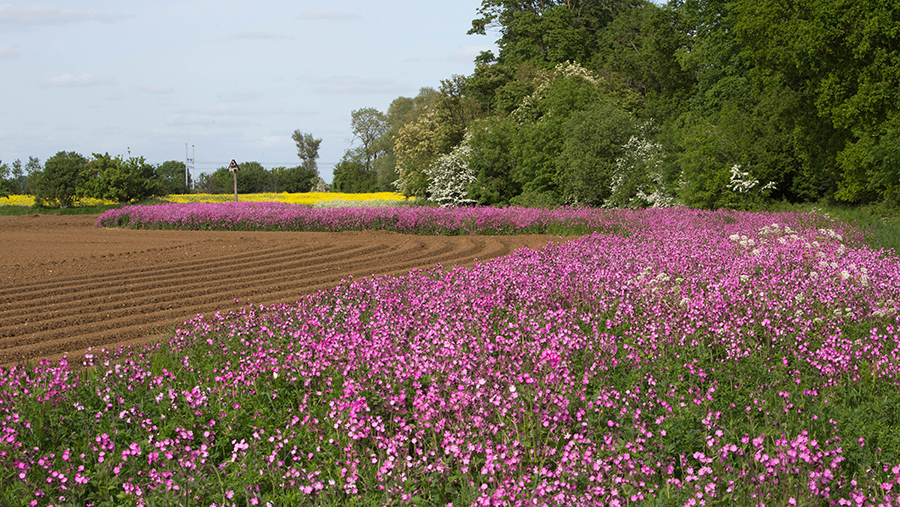FW Opinion: Good riddance to greening, but what will replace it?
 © Tim Scrivener
© Tim Scrivener On the basis of giving credit where credit is due, Defra’s announcement that the so-called “greening” element of the Basic Payment Scheme (BPS) is to be scrapped for English farmers next year is welcome news indeed.
There seems to be almost universal acceptance – among farmers and conservationists – that the policy of forcing farmers to create ecological focus areas and engage in crop diversification, while worthy as an objective, has actually delivered little for the environment.
See also: Greening measures to be scrapped for 2021, says Defra
What it has done, of course, is impose more restrictions on the way farmers manage their businesses, causing considerable headaches, especially when the weather has turned against them.
About the author
 Philip Clarke
Philip Clarke
Executive editor, Farmers Weekly
Contact:
E: philip.clarke@markallengroup.com
T: @FWphilclarke
Read more articles by Philip Clarke
As Defra says, scrapping greening will reduce the amount of red tape farmers have to grapple with. It will also enable arable farmers in particular to plan their cropping for this autumn with greater certainty.
It is good news, too, that the 30% of the BPS that greening would normally unlock is being retained as a normal part of the BPS.
But, while there is widespread relief that greening is going, there is also almost universal acceptance that things are about to get tougher.
For example, Defra has reaffirmed its commitment to start phasing out the BPS from next year, with cuts of 5% for the smallest claimants, rising to 25% on payments of more than £150,000.
It says the money will be “ring fenced”, but that only applies to the end of the current government.
With government borrowing at record levels and the chancellor’s “tax take” likely to be squeezed in a post-coronavirus recession, we are surely moving into an era of rising taxes and falling public expenditure
It also claims that “in the majority of cases, the gradual reduction in payments will be offset by alternative support”, namely productivity grants and the Environmental Land Management (ELM) scheme.
That sounds like wishful thinking and it seems inevitable that budget cuts will hit hard from 2025 onwards.
With government borrowing at record levels and the chancellor’s “tax take” likely to be squeezed in a post-coronavirus recession, we are surely moving into an era of rising taxes and falling public expenditure.
Expect taxpayer support for agriculture to diminish. Hopefully, market returns will improve, if the government is serious in saying it wants to ensure fairer play in the supply chain. But farm business efficiency must rise, too.
Three reports out from Defra this week – covering dairy, grazing livestock and cereals – shed some light on what actions farmers can take in order to become “high performing”.
Getting on top of debt, specialising in core farming activities, investing in non-farm diversifications, joining a farm assurance scheme, making more use of family labour and seeking economies of scale are just some of things associated with better profits.
Making the most of what support is available is going to be just as important, too.
The lack of information on how the new “public money for public goods” policy is shaping up is therefore disappointing.
It is understood that Defra was expected to reveal more of its plans this month, but now says that will not happen until the autumn.
With the ELM consultation closing today (31 July), and with pilot schemes due to start next year, more details of how it will work and how it will pay are essential.
The potential for ELM to become a dynamic, supportive new policy that will help drive farming towards a brighter future is certainly there, but only if it is user-friendly and rewards farmers for their efforts.
Given the tendency of civil servants to over-complicate things, and given the austerity that lies ahead, don’t hold your breath.
